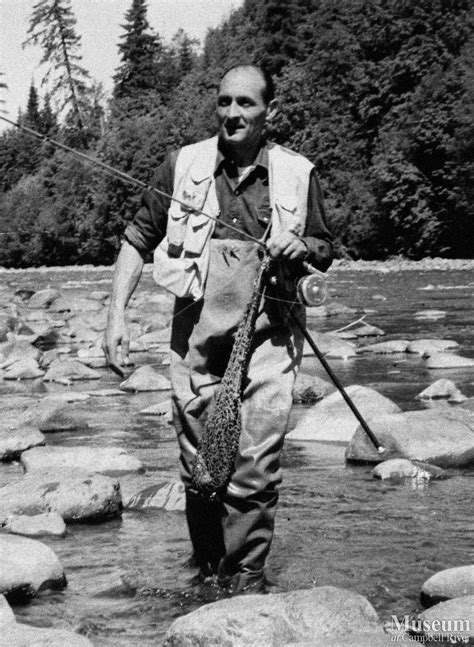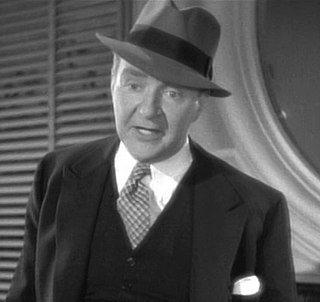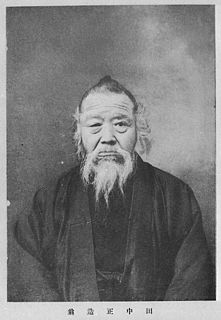A Quote by Charles Kuralt
Rivers run through our history and folklore, and link us as a people.... We are a nation rich in rivers.
Related Quotes
I've known rivers: I've known rivers ancient as the world and older than the flow of human blood in human veins. My soul has grown deep like the rivers. I bathed in the Euphrates when dawns were young. I built my hut near the Congo and it lulled me to sleep. I looked upon the Nile and raised the pyramids above it. I heard the singing of the Mississippi when Abe Lincoln went down to New Orleans, and I've seen its muddy bosom turn all golden in the sunset. I've known rivers: Ancient, dusky rivers. My soul has grown deep like the rivers.
Ordinarily rivers run small at the beginning, grow broader and broader as they proceed, and become widest and deepest at the point, where they enter the sea. It is such rivers that the Christian's life is like. But the life of the mere worldly man is like those rivers in Southern Africa, which, proceeding from mountain freshets, are broad and deep at the beginning, and grow narrower and more shallow as they advance. They waster themselves by soaking into the sands, and at last they die out entirely. The farther they run the less there is of them.
Rivers are inherently interesting. They mold landscapes, create fertile deltas, provide trade routes, a source for food and water; a place to wash and play; civilizations emerged next to rivers in China, India, Europe, Africa and the Middle East. They sustain life and bring death and destruction. They are ferocious at times; gentle at times. They are placid and mean. They trigger conflict and delineate boundaries. Rivers are the stuff of metaphor and fable, painting and poetry. Rivers unite and divide - a thread that runs from source to exhausted release.
... how have I used rivers, how have I used wars
to escape writing of the worst thing of all--
not the crimes of other, not even our own death,
but the failure to want our freedom passionately enough
so that blighted elms, sick rivers, massacres would seem
mere emblems of that desecration of ourselves?






























